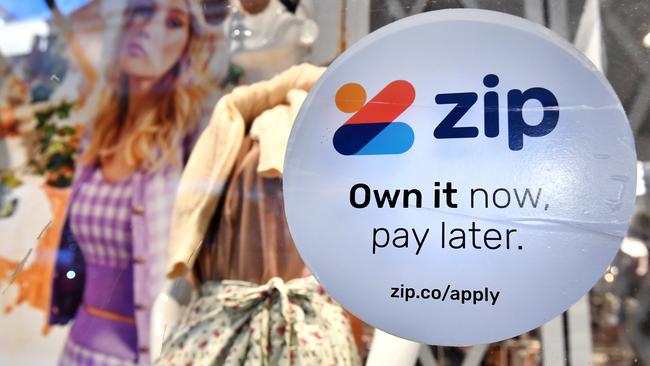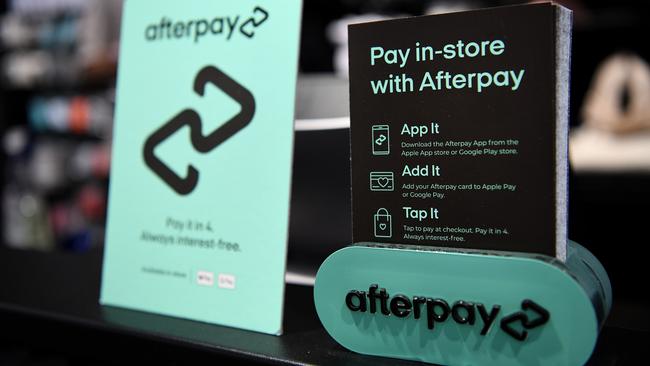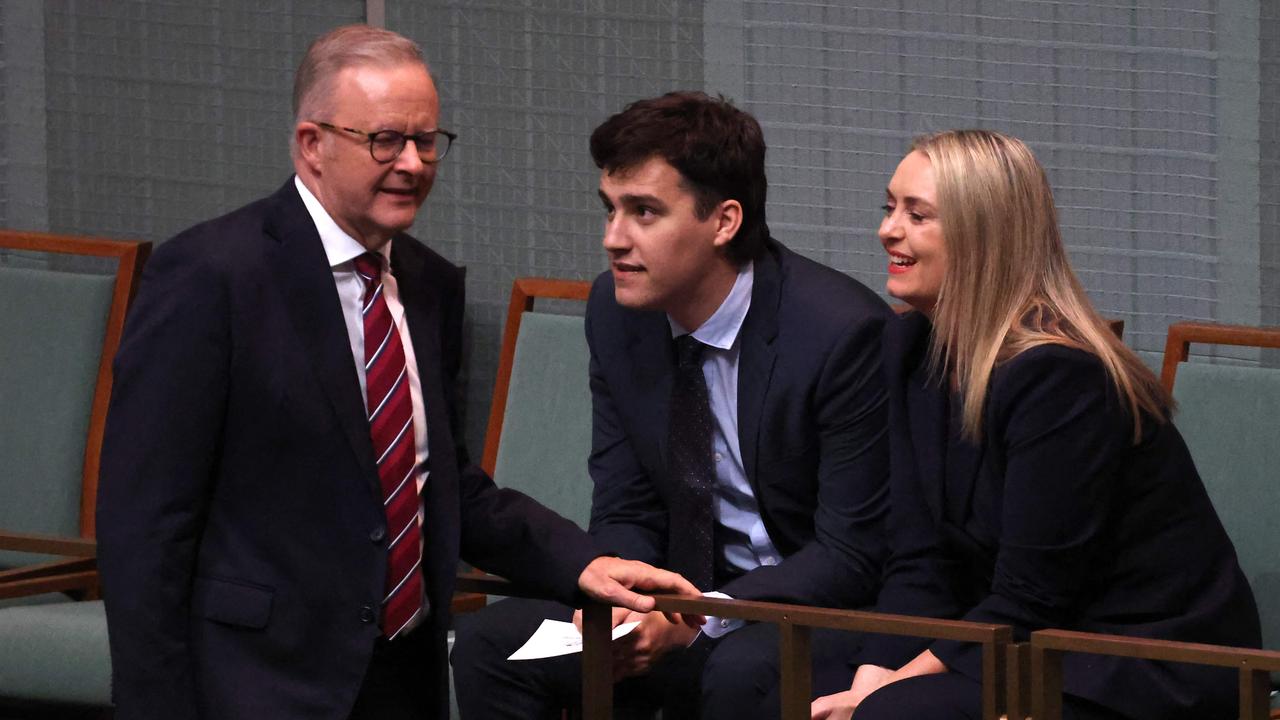
As Treasury puts the finishing touches on an issues paper covering the buy now, pay later sector, the industry confronts a perilous period in coming months.
The Reserve Bank is expected to deliver at least one more rate hike in its inflation-fighting efforts, and that means the cost of funding for BNPL players is still going up.
The threat of regulation is real and getting closer, and as cost-of-living pressures linger, bad debts are likely to climb.
The Treasury issues paper, which will canvass options to bring BNPL into the regulated universe, is due to be made public in coming weeks.
Australia is likely to jump on the regulatory bandwagon that is already rolling in the US, Britain and New Zealand.
The local BNPL industry engaged extensively with Treasury on the issues paper, as did other stakeholders and interested parties.
Among them is Consumer Action Law Centre chief Gerard Brody, who highlighted a range of potential consumer harms stemming from BNPL products, given they are typically obtained without credit checks.

He has seen a spike in consumers getting into trouble as living costs have soared and wants regulation of BNPL to also extend to products that provide early access to wages.
“Buy now, pay later and these early-wage-access providers are increasingly coming up in calls to the national debt helpline,” Brody says.
“They use very similar (regulatory) loopholes.
“We argued that it should be brought within the National Consumer Credit Protection Act and the (National) Credit Code, so each of these providers are required to be licensed.”
If that were to occur, BNPL and similar providers would be bound by obligations such as responsible lending rules and having clear dispute resolution processes.
Brody also called for BNPL liabilities and accounts to be listed on a consumer’s credit report.
Payments stalwart and McLean Roche Consulting boss Grant Halverson told this column that given sharply increasing funding costs, operating conditions would worsen in the sector.

“Interest rates might plateau next year but they are going to stay there,” he said.
This year, Halverson estimates that Zip’s funding costs may swell to more than $120m, compared to $63.7m in 2021.
An S&P Global Ratings report earlier this month on the Zip Master Trust – Series 2022-1, which is a parcel of BNPL and other loans packaged and sold to investors as bonds, showed receivables delinquent for 30 or more days were 3.75 per cent. However, S&P did note the diversified and large number of retailers represented in the portfolio was a positive for investors.
Macquarie Capital this week released a report on data tracked on the buy now, pay later sector, showing diverging performance.
“Affirm and Klarna’s web traffic for September 2022 was +56 per cent and +39 per cent respectively.
“Despite BNPL traffic growing on an aggregated sector level, Afterpay and Zip web traffic declined 18 per cent and 8 per cent for the same period, respectively,” the report said.
RBA blunder
It’s meant to be a fast and more efficient way of transferring money and making payments.
But the real-time New Payments Platform stumbled on Wednesday, uncovering vulnerabilities in the technology and the system.
The Reserve Bank experienced an internal issue on Wednesday night that threw the system into chaos for about five hours, given thousands of payments and transfers weren’t processed. The central bank will be hoping the incident doesn’t hinder confidence in the NPP, and was working on Thursday to clear a backlog of payments and transfers.
The RBA put the disruption down to an error during a planned software change.
The outage meant payments and transfers were not processed for many hours and banks were dealing with frustrated customers.
The central bank was in damage control following the incident. It initially said: “The system is back up and running. The issue affected the Fast Settlement Service, which provides for settlement of NPP transactions between financial institutions.”
For those that had transactions caught in the outage it would be a relief the issue was not related to any suspicious activity or a cyber attack, but it does raise serious questions about the sturdiness and reliability of the system.

Given the critical nature of the nation’s payments infrastructure a software change shouldn’t lead to such a disastrous outcome.
The RBA administers the FSS and, along with financial institutions, acts as a payment gateway for transactions.
The FSS, the NPP and the Low Value Clearing and Settlement Services were impacted by the outage.
Osko by BPAY, a service developed for use on the NPP, was caught up in the mess.
Reserve Bank deputy governor Michele Bullock late on Thursday apologised for the disruption.
“We recognise the impact this would have on people relying on the payments system. I want to assure people that the bank takes the stability of the payments infrastructure very seriously and will double its effort to ensure this does not happen again,” she said.
The RBA’s response to the outage is likely to be watched globally.
The US Federal Reserve, for example, has flagged plans next year to start the FedNow Service for instant payments for deposit-taking institutions and their customers.
The FedNow Service is set to be released in phases as additional services and features are introduced over time.



